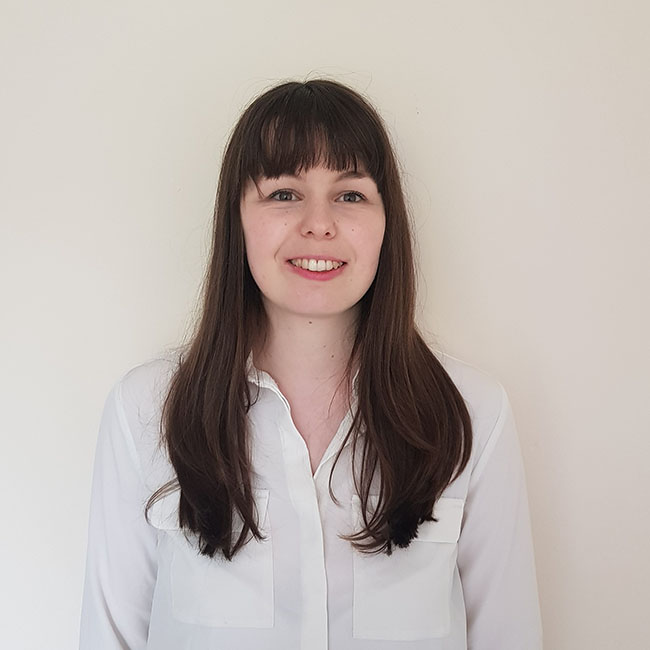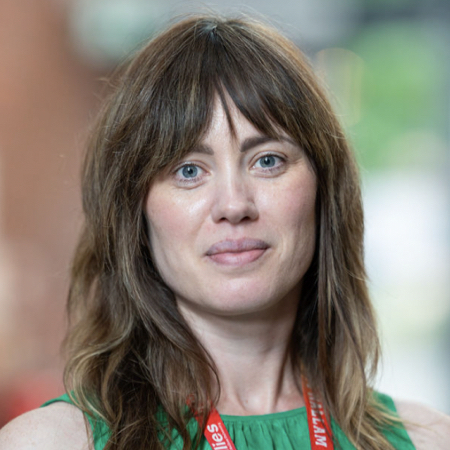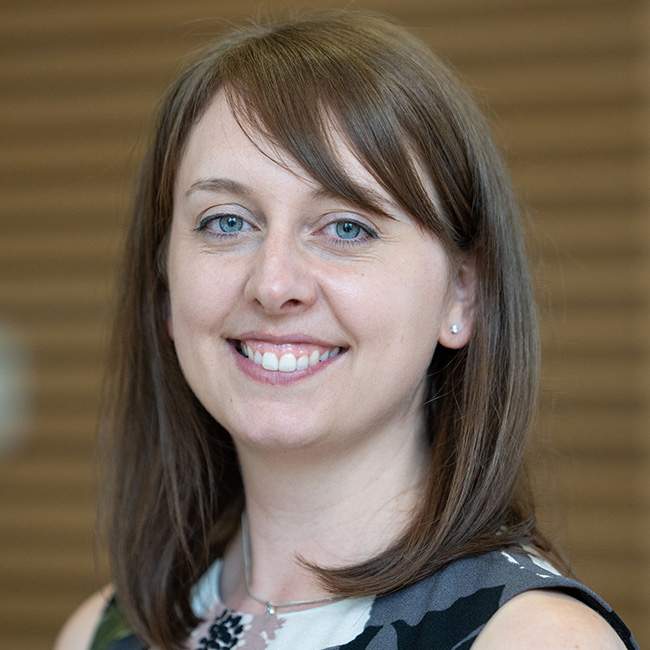About
About PPP
Scope and aims
People, Place and Policy (PPP) is a forum for articles which address the relationship and interaction between people, place and policy.
It invites researchers, policy makers and practitioners to discuss and disseminate research, reflection and ideas related to contemporary debates within all aspects of social policy. ‘Policy’ is conceptualised broadly to incorporate a wide range of social concerns including for instance – economic development and labour markets, poverty, the welfare state, the voluntary and community sector, social exclusion, housing, sustainability, health and social care, energy and environment.
The journal is international and interdisciplinary in scope representing an interface of sociology, geography, planning and urban studies, economics and political science. People, Place and Policy (PPP) aims to promote dialogue between academics, policy-makers and practitioners by supporting the dissemination of ideas, comment and findings across a range of contemporary policy issues.
PPP was launched in July 2007 as an electronic journal available free to all. It emerged from discussions among staff at the Centre for Regional Economic and Social Research (CRESR) at Sheffield Hallam University about the need for a journal that straddles the worlds of academia, policymaking and practice.
Since being established, PPP has built a diverse readership. Just over half (54%) of our readers are based in the UK but we also have readers from the US (11%), Australia (3%) and India (2%), amongst others.
PPP is an open access UK journal published in English. Articles submitted should be original; they should not have been published before, nor should they be currently under consideration elsewhere. The journal publishes three issues per year (Spring, Summer and Autumn/Winter).
This is an open access journal which means that all content is freely available without charge to the user or his/her institution. Users are allowed to read, download, copy, distribute, print, search, or link to the full texts of the articles, or use them for any other lawful purpose, without asking prior permission from the publisher or the author. Please also read the Journal’s Copyright statement and Licence terms.
People, Place and Policy does not charge authors submission fees or article processing fees.
The names and email addresses provided by authors, reviewers or subscribers to this journal site will be used exclusively for the stated purposes of this journal. As a journal affiliated with Sheffield Hallam University we adhere to the Privacy Policy published on the University’s external website.
- Open access: People, Place and Policy is a public platform for high quality, current policy debate.
- Inclusive: The journal provides a supportive publication process for Early Career Researchers.
- Impact: We have an international authorship and readership.
- Quality: People, Place and Policy articles are fully REF-compliant.
We welcome submissions from academics at all stages of their career as well as practitioners and policy makers from local government or third sector organisations. Submissions are subject to peer review and more information about the review process can be found in the ‘Submit an article’ section, along with information relating to how you can submit your article and the various submission types accepted.
PPP requires authors to select the appropriate article type for their article, read the article descriptions and then ensure they comply with the requirements. It is important to also check the PPP style guide and requirements for submission. This information and more are available on the ‘submit an article’ page. If you have any questions, please email ppp-online@shu.ac.uk
All correspondence should be directed to the editors at ppp-online@shu.ac.uk. We welcome informal discussion with potential contributors about the scope and relevance of articles.
PPP is indexed in the Directory of Open Access Journals (DOAJ) and you can view their record and indexed articles on the DOAJ website.
We welcome submissions from academics at any stage of their career, as well as practitioners and policymakers from local government and third-sector organisations. Click the button to get started.









